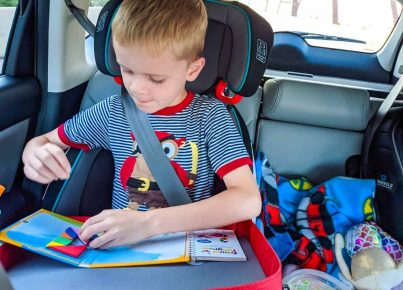To begin with, it is important to assess your child’s readiness, which encompasses various developmental aspects such as social, emotional, and academic skills. Are they able to follow instructions, interact appropriately with peers and engage with the curriculum? If they’re struggling, an additional year could provide valuable time for growth.
Consider also the feedback from teachers and educational professionals who have observed your child in a learning environment. They can provide insights into your child’s learning style and progress, which can be pivotal in making an informed decision.
Observing your child’s confidence is another vital aspect. If they feel overwhelmed or consistently demonstrate a lack of confidence in kindergarten, repeating the year could give them a chance to build self-esteem in a familiar setting before tackling more challenging tasks.
Take into account whether early intervention or additional support could mitigate the need to repeat. Sometimes, with the right resources and support systems in place, children can catch up without having to redo the entire year.
Furthermore, reflecting on the long-term implications is crucial. How might repeating kindergarten impact your child emotionally or socially in both the short and long term? Some children may benefit from being among the oldest in their class; for others, it may not make a significant difference.
It’s also recommended to consider sibling dynamics if applicable. The age gap between siblings and their respective school years can influence family decisions regarding whether a child should repeat kindergarten.
Ultimately, every child is unique, and there is no one-size-fits-all answer. It comes down to carefully weighing these considerations and possibly consulting with educational consultants or psychologists who can offer tailored advice for your situation.
Remember that deciding to repeat a year is not about admitting failure; it’s about granting your child another year of growth to ensure they have the strongest start possible for their ongoing educational journey.
In summary, deciding whether to have your child repeat kindergarten requires a careful assessment of their readiness across multiple dimensions—cognitive, social-emotional development—and how they cope with structured learning environments. Observing their confidence levels and seeking input from educators forms part of this decision framework. Consideration of alternatives like early intervention programs, assessing long-term effects on well-being and sibling dynamics also play into this critical choice. Ultimately, parents must evaluate each factor in relation to their unique child’s needs and circumstances.





